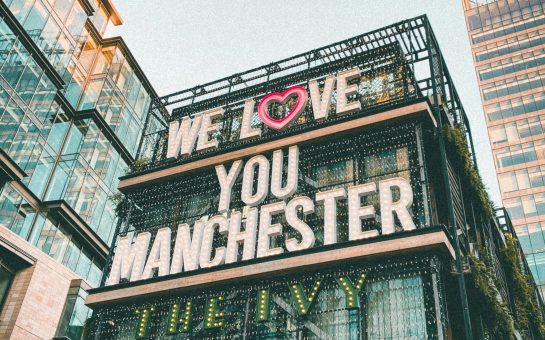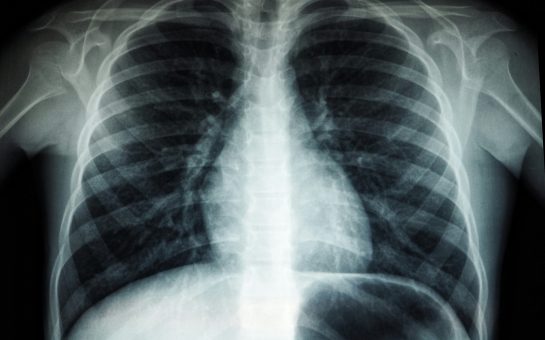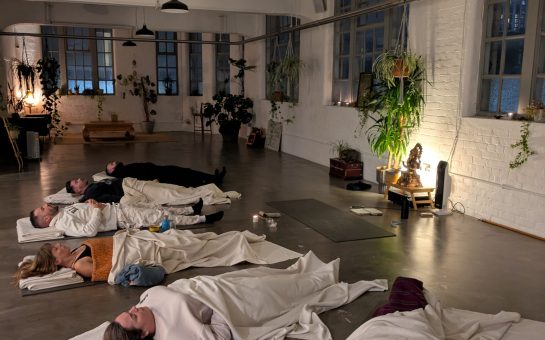Catalonia is burning.
The skyline of Barcelona is filled with smoke and its streets flooded with marching protestors. The centre of Tarragona is swarmed with brawls and riddled with police violence. The economy has stalled. Transport is blocked. The Catalans are fighting, resisting oppression and standing up for independence.
Two years ago, Catalonia’s bid for independence plunged Spain into a huge political crisis when the autonomous government held an independence referendum.
Madrid responded by dragging Catalonia back into the fold with an authoritarian fist, sparking a wave of protests in the capital, Barcelona and other areas of the region.
Now, the sentencing of nine Catalan pro-independence politicians and activists to prison for between nine and 13 years for their involvement in the referendum has reignited the fire of rebellion and sparked new anti-fascist Spain sentiments in the region.
Meanwhile, in Manchester, in a country perhaps too distracted by its own separatist issues, I’m sat facing two Catalans both sporting the yellow ribbon.
Estibaliz Yebras and Josep Simona are both members of the Assemblea Nacional Catalana group in Manchester.
The ANC was created in 2011 and is a movement of the Catalan citizens for independence. The ANC has established many little assemblies in different countries for expatriate Catalans.
“From England, [our aim is] to make the people know, to explain to the people what is happening in Catalonia,” says Estibaliz. “I think the most important thing is to give the opportunity to people to know what is really happening in Catalonia.
“We can explain to the international community what are the problems. To make it public.”
“From here it is easier for us to help the British people to understand what is happening, because you also get the point of view of a British person,” adds Josep.
“[We aim] To bring awareness, because I think before 2017 the image of Spain in the international community was not the same image that we have inside Catalonia.”
“We are giving talks to the people in facts, not in opinions. We are giving facts. Who is Spain? Who is the real Spain? What is Spain doing to us,” explains Estibaliz.
“I speak to English people every day, and I’m happy because some of them know what is Catalonia, what is happening there, what the yellow ribbon means. But they are in shock when we tell them that people are in jail for having a referendum. And they say, “What? In Spain? But Spain is a democracy”, but no it’s not.”
Since post-Franco democracy was established in 1978, Spain has been able to conceal its true undemocratic nature by scapegoating the Basque terrorism of ETA.
However, in the same week the fascist dictator’s body has been moved, the Catalan crisis highlights that the legacy of his suppression of Catalonia, Galicia and the Basque country still echoes through the Cortes Generales.
When asked if Spain was a democracy, Estibaliz scoffed: “Is it a democracy? No, it’s not, it’s a dictatorship.
“Franco died in 1975 [and] the new government of that time wanted to give us, well, sell us a democracy, but it was a camouflage, because little things have changed but the important things have not.
“In 1978, they made a constitution and if you read this constitution, the articles and the laws protect all the fascist regime, and if you read it and you know a bit of history, you know it’s not fair.”
The sentencing of the nine Catalan politicians and activists for their role in the referendum in 2017 appears to have only deepened the wounds inflicted on Catalonia by Spain.
“It wasn’t a surprise. Because if you consider they have been in jail for two years, and if you had followed the trial, you could see something wrong was happening,” Estibaliz explains.
“But when I heard about the sentencing I was, and I am, very sad. Very angry, very upset.
“It is an attempt to attack democracy, our rights, our right of freedom of expression and right to assembly.
“The Spanish government is targeting the citizens, just Catalan citizens.”
“The laws that apply to Catalans, are not the same as the laws that apply to the Spanish,” Josep adds.
“How is it possible that in Spain five men raped a girl, they were free, now they’re in jail but they only got nine years in jail. But they raped a girl and filmed it. And the politicians got 10-13 years for having a referendum and they didn’t hurt anybody,” says Estibaliz.
“They are political prisoners. If they were from the other communities they wouldn’t be in jail.
“And it is all because Madrid wants to control everything.”
Following the 2017 referendum, Madrid retaliated by withdrawing Catalonia’s right to autonomy by applying Article 155 of the constitution.
“After the referendum, they decided to be in control of everything. They closed the delegations, everything,” explains Estibaliz.
“They applied 155 article, which means Catalonia does not have control of anything. No rights. And that has only happened in Catalonia. Never before have they applied the 155 article, not in any other community.”
“And what they are applying is not the 155 article. They have interpreted it the way they want,” continues Josep.
It is not only Catalonia that has become militant. The fight for independence has spread across the world and Manchester has joined the battle.
When asked what the European community can do to help the Catalan fight, Estibaliz replies, “I think it’s important to speak about our problem with Europe, with the European community.
“Because I know you are very busy at the moment with Brexit but if England and different countries give support to Catalonia and bring that support to the European community [it can help].
“But I think the European community doesn’t want to know anything about Catalonia.
“If Catalonia breaks with Spain, who will pay the debt Spain has with Europe? Who will pay it? Nobody. I think maybe its for this reason.
“But the countries in the European Parliament are democratic countries and I think when one of the countries in the community is always doing wrong things, I think the rest can help. They can intervene and try to solve the problem.”
On Saturday 12th October, pro-Catalan independence protests were held in London, Glasgow, Cambridge and Manchester and more held yesterday across the country.
“All people who believe in democracy, who want to defend human rights can come, doesn’t matter if they are English, Russian or Chinese, it doesn’t matter,” enthuses Estibaliz.
“But Catalan people are solidarity people. To be independent doesn’t mean leaving Spain to die. I would like to make it clear that Catalonia is fighting against fascism, not against the Spanish people,” states Estibaliz.
“We want to help people like us. We want to open our doors as always. It’s not about closing Catalonia to the rest of the world. We want to be free.
“I think that for all our history, the Spanish have always been fighting and persecuting the Catalan people.
“They want to be in control all the time in everything.
“For me, it’s persecution. It’s discrimination.”
“You can’t understand the violence of the police these days without understanding the ethnic hatred element. Because you see those images of the police, and it’s so violent that we say it’s not the police, it’s ethnic hatred,” explains Josep.
“Maybe only in non-civilised countries you would see that.
“There was a picture today from the China Daily that was comparing the police in Hong Kong with the Police in Spain, saying we are more constrained than the Spanish police.”
The recent sentencing appears not to have deterred the Catalans from fighting for their freedom.
“When you keep all your anger from two years ago then maybe the moment to explode is right now,” claims Estibaliz.
“Mobilisation all the time is the only thing we can do. Non-stop. We can’t go back now. The only way to solve the problem is continue fighting until we get independence.”



